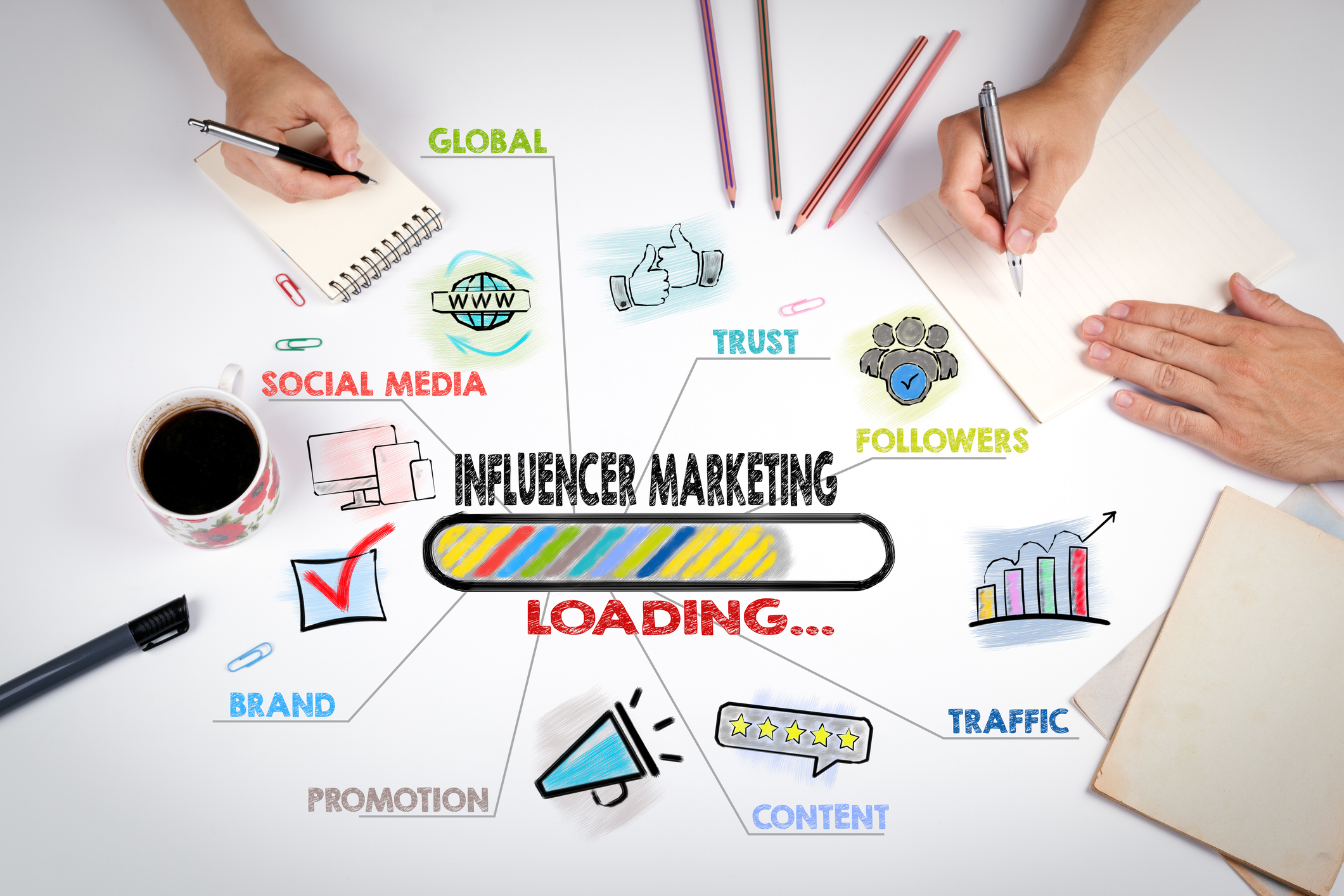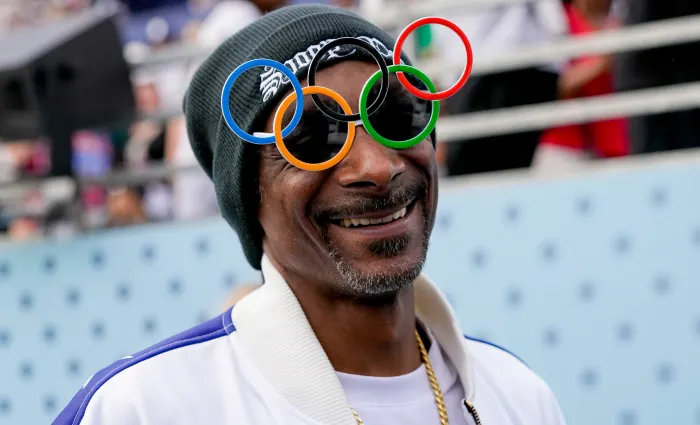
By Virginia Scripps
Digital marketing is entering a new era, evolving at speeds that are sometimes dizzying for traditional marketers. A key evolution that has been significant this year is the continuing rise of social media influencers — a sector that has evolved from niche personalities to powerful digital marketers who own global brand platforms. Boasting followings that can range from highly specialized to vast mass markets, these influencers create original — typically authentic-seeming — content that is pushed out to audiences hungry for their distinct sensibility and unfiltered point of view. Brands are often anxious to tie in with key influencers in their sectors, as the opinions of these online tastemakers are known to shape trends and inspire consumer behaviors.
Alongside this rise has been the emergence of independent influencer agencies – firms specifically dedicated to managing, nurturing, and connecting influencers with brands and organizations. These boutiques are transforming the marketing landscape, providing a much-needed bridge between brands and influencers and brokering access to this lucrative industry.
How did Influencer Marketing Begin?
Some of the first modern influencers were celebrities, and their power to drive consumer tastes is nothing new. Traditional entertainment including the stage, radio, TV and films were the platforms where well-liked personalities gained coveted influence. Fast-forward to the introduction of the smartphone in the 1990s, and you see consumer habits starting to shift away from larger screens onto hand-held devices, where social media platforms like Facebook (2004), YouTube (2005), Twitter (2006), Instagram (2010), Snapchat (2011) and TikTok (2016) began to radically change the way consumers spent their time. With the rise of these new platforms, “real people” began to capture devoted followings – hundreds, thousands or even millions of viewers who were attracted to their relatability, authenticity and creativity, and would tune in very regularly to any content these everyday individuals would put out. The word ‘influencer’ was coined in the 1600s to describe anyone who could amass broad influence and shape the beliefs of the public. The term was originally used in a religious or mystical context and – given the fervency of some online followers today – some modern-day influencers may not object to the mystical origins of the term.

Influencers Enter Marketing
It’s widely known that today’s Millennial, Gen X and Gen Z audiences do not gravitate to advertising messages that are overly slick and – God forbid – phony. Over the past two decades, brands have increasingly turned to Influencers to drive home marketing messages in a way that feels authentic to modern audiences and does not bear the off-putting feeling of being unreal. Online marketing data increasingly tells the story of how powerful an influencer’s voice can be in steering consumers towards a trend, a mindset, a belief, or a key purchase. In the world of the influencer, no product is too small or brand too corporate to earn a seemingly casual endorsement.
With the birth of modern influencer marketing, a need for firms that were experts at managing brand relationships with influencers emerged as traditional ad agencies proved slow to adapt to the lightning speed with which the influencer universe evolved. Agencies sprung up who were more nimble and better equipped to navigate the nuances and dynamics of social media-based personalities plus the hyper-fragmented online marketing landscape and the Influencer Marketing Agency was born. Typically boutique firms, these agencies help influencers both large and nano, celebrities and brands to form mutually beneficial partnerships that will maintain the feeling of authenticity audiences expect from the personalities they follow. They help create contracts and content strategies that align with the influencer’s unique voice and the brand’s goals.
Brands in Their Own Right
Content creators with passionate followers wield measurable influence over their followers. As this power has been increasingly documented in marketing circles, influencers have come to be perceived as entrepreneurs shepherding the growth of their individual brands. Influencer agencies are tasked with helping these burgeoning businesses grow their brands by fostering beneficial partnership contracts, ongoing brand alliances, and diverse revenue streams including merch, thought leadership channels, and other appropriate ventures. Brands can feel confident hiring capable Influencer Marketing agencies to find a good fit for their ethos while offering high-impact campaigns with sought-after creators.
Surging Growth In the Sector
Influencer marketing gained the ultimate case study this summer with Snoop Dogg’s quirky omnipresence at the Paris 2024 Olympic Games. Collaborating with fellow fan favorites Martha Stewart and Colin Jost, Snoop’s reported $500K per day fee* was a small price to pay for the network to garner breakthrough success in making the Olympics more accessible and entertaining. NBC’s streaming app Peacock reportedly saw 2.8 million new subscribers join the platform between July 25 and July 31. Snoop also succeeded in cross-promoting other NBC properties while he was at it, including NBC’s The Voice and The Tonight Show with Jimmy Fallon.

Alex Gottschalk/DeFodi Images via Getty Images
At this summer’s games, social media and digital platforms played their biggest role ever in a global event, demonstrating how both Olympians and celebrities can skyrocket in influence through viral moments and become trusted content creators – sometimes overnight. These influencers of many stripes helped global audiences navigate their experience of the games. Marketers worldwide must acknowledge that the Paris 2024 Olympics forged a new chapter in the importance and potential brilliance of successful influencer marketing partnerships.
*Source: The Robb Report